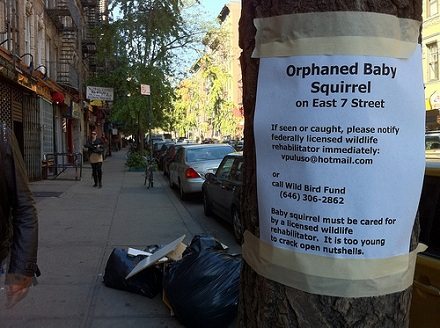
June 25 2012; Source: WickedLocal Watertown
Sign up for our free newsletters
Subscribe to NPQ's newsletters to have our top stories delivered directly to your inbox.
By signing up, you agree to our privacy policy and terms of use, and to receive messages from NPQ and our partners.
Watertown, Mass. is joining nine other cities across the United States in an experiment in online community organizing. Watertown has launched CommonPlace, billed as a place residents of a community can share and connect with their neighbors. Watertown residents can now trade names of babysitters, share ladders and track down lost pets using the power of technology. But the site aims to go one step further, and “connect communities on a civic organization to citizen basis.” In other words, the site offers a hub for community groups to reach all citizens rather than having to build out their following on social media or on their websites.
Over at Dilbert-creator Scott Adams’ blog there’s been an interesting conversation about using online networks to build neighborhood cohesiveness. Adams wished someone would create a social networking application where neighbors could share and connect. Many of his followers responded that such sites already exist. They pointed him to i-neighbors.org, NeighborGoods, Everyblock, and Nextdoor.
But it’s not clear whether these tools will actually do more than help neighbors who need to borrow a cup of sugar. The hard work of bringing people together can’t be done by technology alone. In the important report Using Online Tools to Engage – And Be Engaged By – the Public [PDF], Matt Leighninger of the Deliberative Democracy Consortium reminds us that just building an online site doesn’t guarantee people will connect any more than usual. All of the important community engagement techniques that get people involved in face-to-face meetings must still be employed. That means bending over backwards to invite people to participate, nurturing conversations and providing a safe space for meaningful discussion. Sharing a plumber does not automatically create a stronger neighborhood.—Mary Jo Draper










